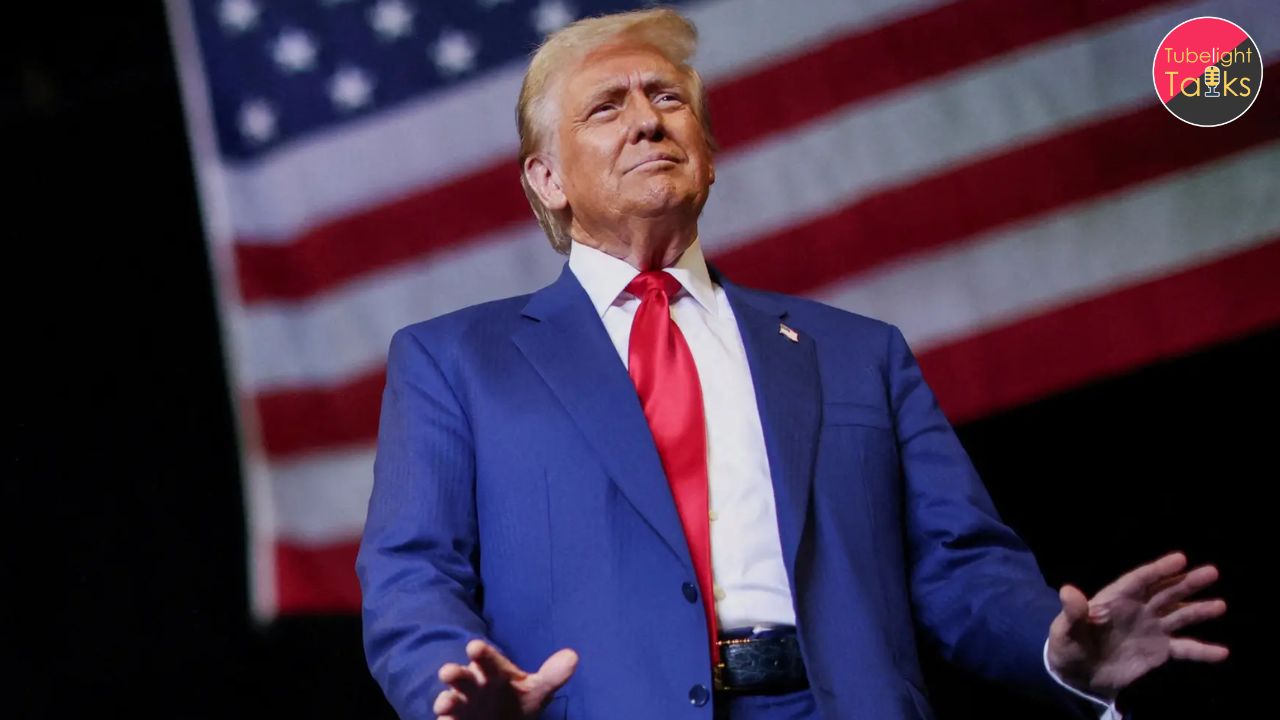US Universities Ask Students to Return Before Trump Takes Charge
Donald Trump will take the oath of office on January 20 as the 47th president of the United States. He will sign several executive orders on issues of economy and immigration on his first day of office. Countries with a majority of Muslim populations are in Trump’s target for a travel ban.
According to the BBC, a number of universities have been emailing international students asking them to return to campus before the presidential inauguration on January 20. The Office of Global Affairs at UMass stated:
“Given that a new presidential administration can enact new policies on their first day in office (January 20), and based on previous experience with travel bans that were enacted in the first Trump Administration in 2016, the Office of Global Affairs is making this advisory out of an abundance of caution to hopefully prevent any possible travel disruption to members of our international community.”
The statement further clarified:
“We are not able to speculate on what a travel ban will look like if enacted, nor can we speculate on what particular countries or regions of the world may or may not be affected.”
According to data from the US Department of State, Bureau of Educational and Cultural Affairs, and the Institute of International Education, India and China comprise over half (54 percent) of all international students in the United States. University administrators fear that changes in visa regulations and travel restrictions could disrupt the education of more than 400,000 undocumented students who are currently enrolled in higher education in the US, according to the Higher Ed Immigration Portal.
Trump Administration’s Immigration History and Its Impacts
The Trump administration is known for its strict immigration policies. During his first term in 2017, Donald Trump signed an executive order banning travel from several Muslim-majority countries, including Iran, Iraq, Libya, Somalia, Sudan, Syria, and Yemen. The controversial travel ban sparked widespread protests and was challenged in court, but parts of it were upheld by the Supreme Court.
This history has prompted universities to act preemptively, urging international students to return before January 20 to avoid potential disruptions. These measures aim to safeguard the academic progress and safety of international students, especially those hailing from countries that may be targeted by new policies.
Economic Contributions of International Students
International students significantly contribute to the US economy, adding nearly $32 billion annually and supporting over 400,000 jobs, according to the Institute of International Education. A decline in international student enrollment, as seen during the previous Trump administration, poses a potential threat to the higher education sector and the broader economy.
Universities, therefore, stress the importance of maintaining a welcoming environment to ensure that the United States remains a preferred destination for higher education.
Potential Challenges for Undocumented Students
The Higher Ed Immigration Portal reports that over 400,000 undocumented students are currently enrolled in US universities. These students face unique challenges, including fears of deportation and loss of access to educational resources. With potential policy changes under Trump’s administration, their academic futures could be in jeopardy.
Educational institutions are working closely with advocacy groups to provide support and guidance to undocumented students, emphasizing their right to education regardless of their immigration status.
Role of Education in Social Change
Sant Rampal Ji Maharaj emphasizes that education is not just a tool for academic success but a means to achieve spiritual and societal reform. His teachings have inspired numerous initiatives aimed at eradicating social evils like caste discrimination, dowry, and superstitions.
His followers are actively engaged in community welfare programs, including organizing blood donation drives, distributing free food, and promoting awareness about true spiritual knowledge. Education, when aligned with spiritual wisdom, can lead to lasting peace and harmony in society. Explore more about His teachings on Sant Rampal Ji Maharaj’s YouTube channel.
FAQs
1. What prompted universities to advise international students to return early?
Past experiences with travel bans and anticipated immigration policy changes under Trump’s administration are the primary reasons.
2. How much do international students contribute to the US economy?
They add nearly $32 billion annually and support over 400,000 jobs in the US.
3. What challenges might undocumented students face under new policies?
They risk deportation, loss of educational opportunities, and disruption in their academic progress.
4. Which countries might be affected by a travel ban?
Muslim-majority countries are speculated to be in focus, though specifics are unclear.
5. How significant is the contribution of India and China to US international student enrollment?
Students from India and China represent 54% of all international students in the US.
6. How does Sant Rampal Ji Maharaj connect education with spirituality?
He teaches that true education enables the understanding of holy scriptures, guiding humanity toward spiritual enlightenment and true worship of Almighty Kabir.











Discussion (0)